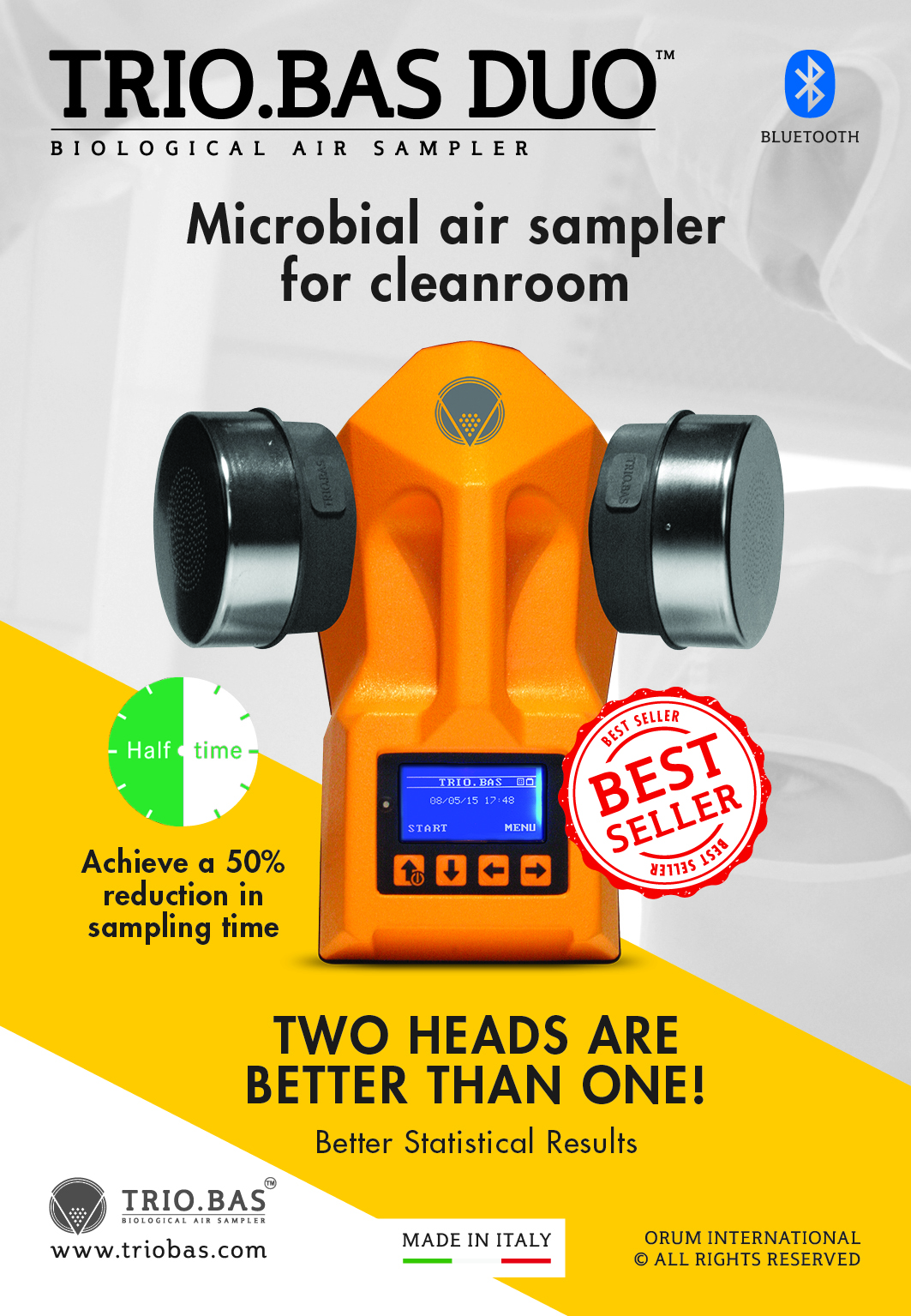Non risciacquare il pollo prima di cucinarlo!
La carne di pollo crudo alberga batteri sulla sua superficie. Studi hanno dimostrato che i consumatori che risciacquano il pollo nel lavandino prima della cottura aumentano il rischio di contaminazione in cucina.
Don’t Wash That Chicken!
Since raw poultry can carry bacteria on its surfaces, research has shown that consumers washing it in their kitchen sinks is a bad idea
About 90 percent of home cooks believe that they should be washing raw poultry before cooking it to help reduce the risk of foodborne illness, according to scientists at Drexel University in Pennsylvania.
As most food safety experts know, washing poultry may actually increase the risk of cross contamination in the kitchen. “The minute you add liquid to your poultry, it mobilizes the bacteria. Spray from the faucet can aerosolize the pathogens and spread them around, but does not kill the bacteria,” says Jennifer Quinlan, PhD, associate professor in the nutrition sciences department at Drexel’s College of Nursing and Health Professions.
But Quinlan’s research, sponsored by the USDA, reveals that most consumers think that they’re doing the right thing by bathing their birds. “We surveyed a very diverse group of people in the Philadelphia area. Our population of 400 was 25 percent Caucasian, 25 percent African-American, 25 percent Hispanic, and 25 percent Asian,” she says. “While there were some variations within the groups, across the board about 85 to 90 percent reported washing raw poultry.”
The shocked reaction in many news outlets to the “Don’t Wash Your Chicken” headlines seems to bear out Dr. Quinlan’s findings. (After all, even Julia Child and Martha Stewart have advocated rinsing off raw chicken.) In reaction, and in time for National Food Safety Education month, Drexel has released a series of “Don’t Wash Your Chicken” video PSAs designed to educate home cooks to the simple fact that there’s only one effective way to decontaminate (and not cross-contaminate) your bird: Cooking it to the USDA-recommended minimum temperature of 165 degrees.
“There’s really no other way,” says Dr. Quinlan.
While the USDA warning may be technically correct, some think it’s a tempest in a teapot. Timothy Harlan, MD, an assistant professor of medicine at Tulane University School of Medicine and former chef who has helped to create the first teaching kitchen in a U.S. medical school, says that raw chicken comes out of the package “slimy,” and he rinses and pats it dry because it will sear better in the pan.
“It appears that the bacteria can stick and that it can ‘be spread’ up to 3 feet away, but so what? If I am cooking my chicken to temperature, it doesn’t matter whether I rinse it or not and I clean everything with soap and water after handling poultry so if a few germs get astray, I will get at them,” he says. “This is clearly a case of where A = B (rinsing chicken might spread the pathogen) and B = C (pathogens cause infection) but there is no evidence that A = C (rinsing causes increase in infection).”
Fonte: Food Quality
















